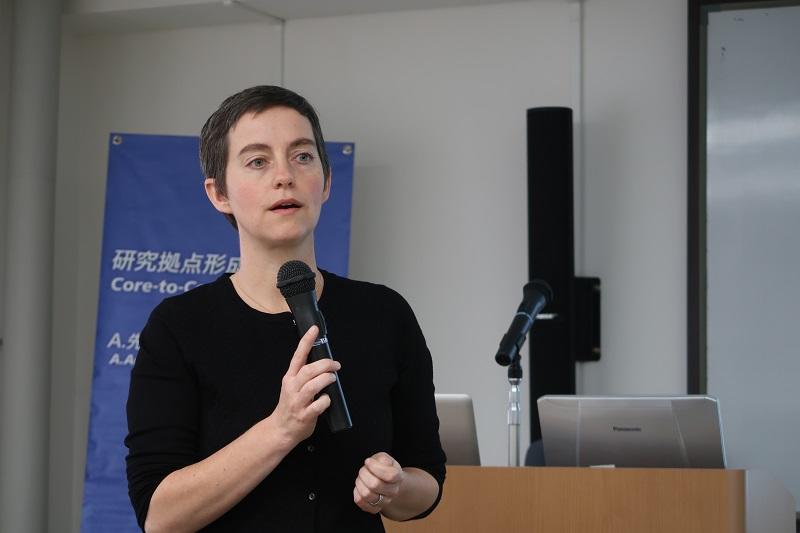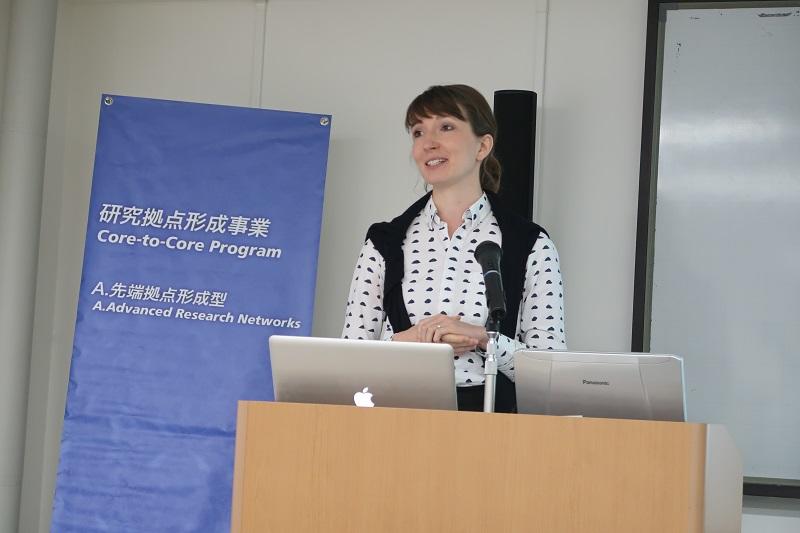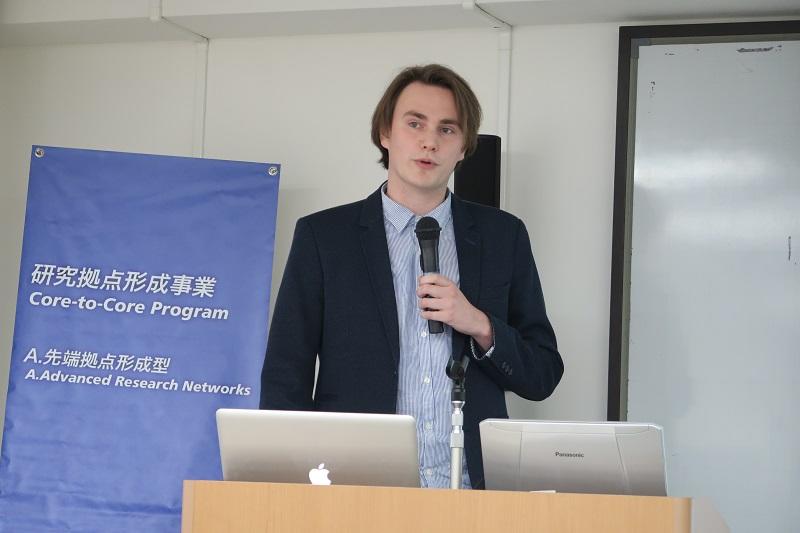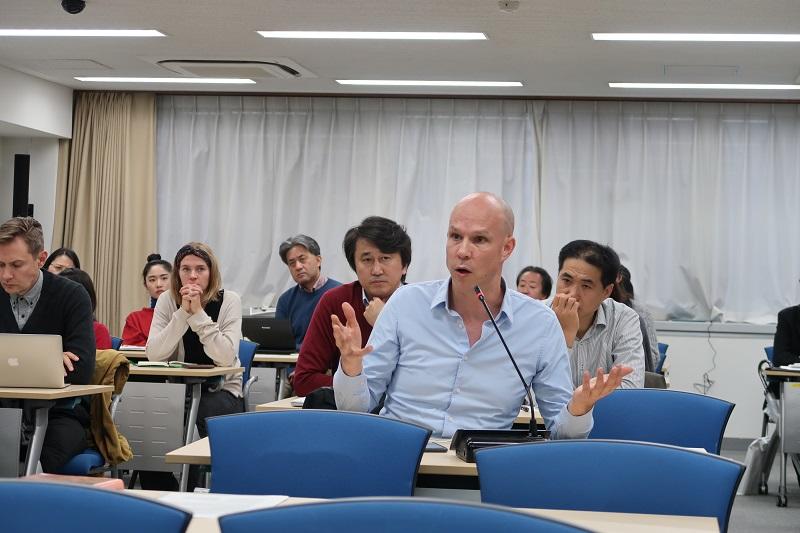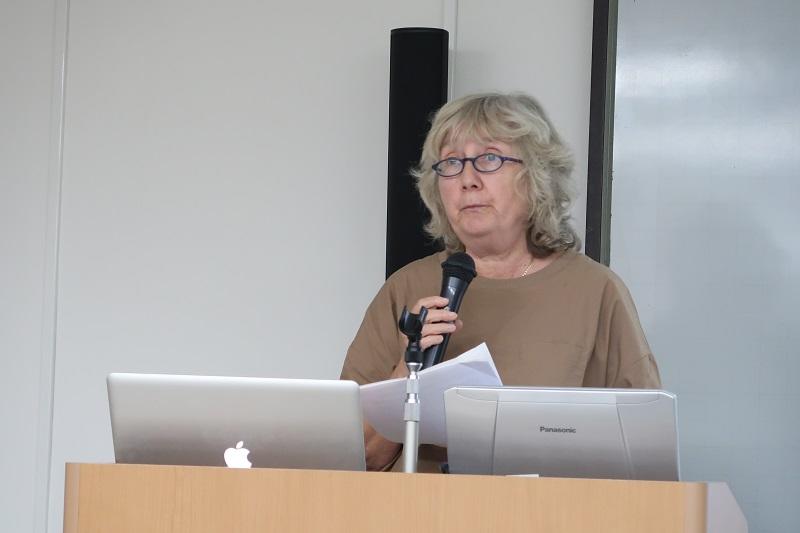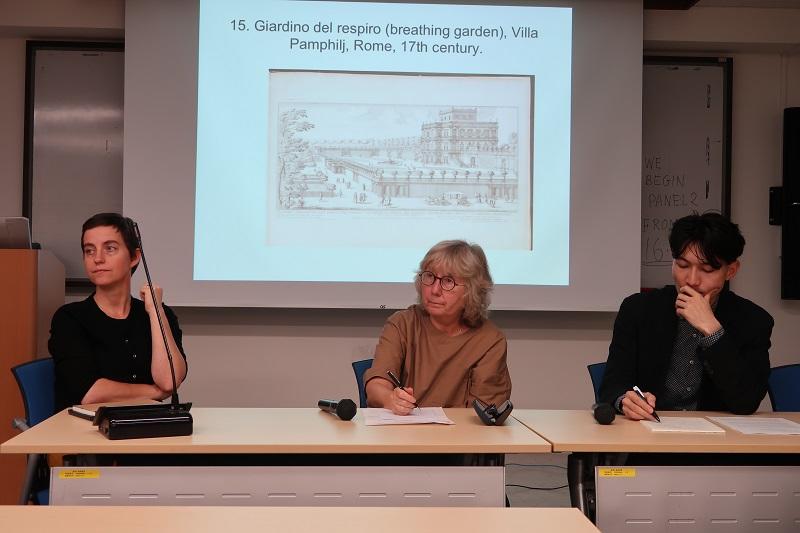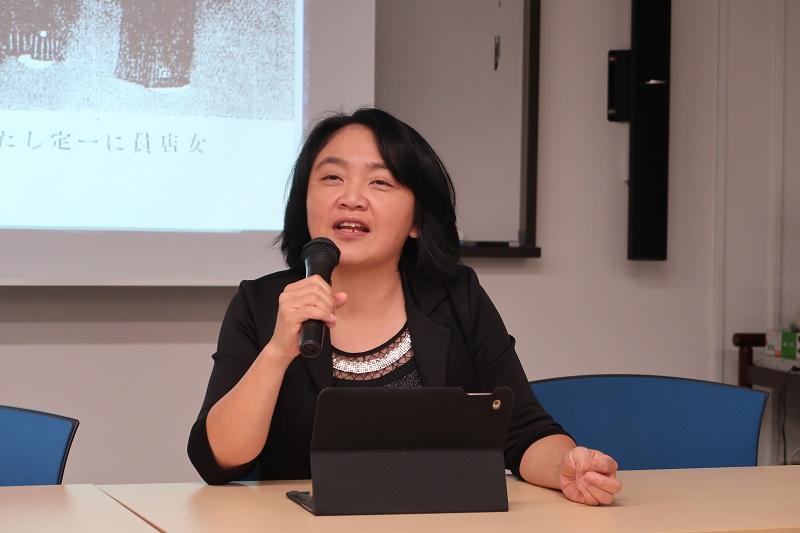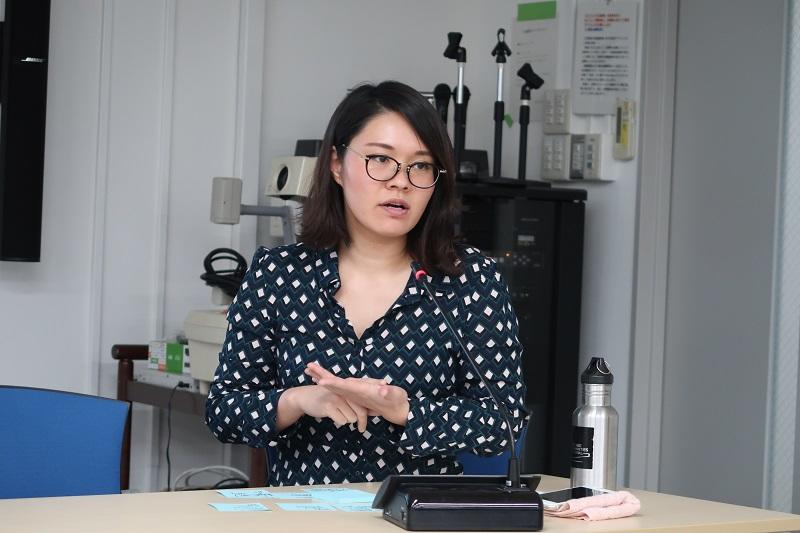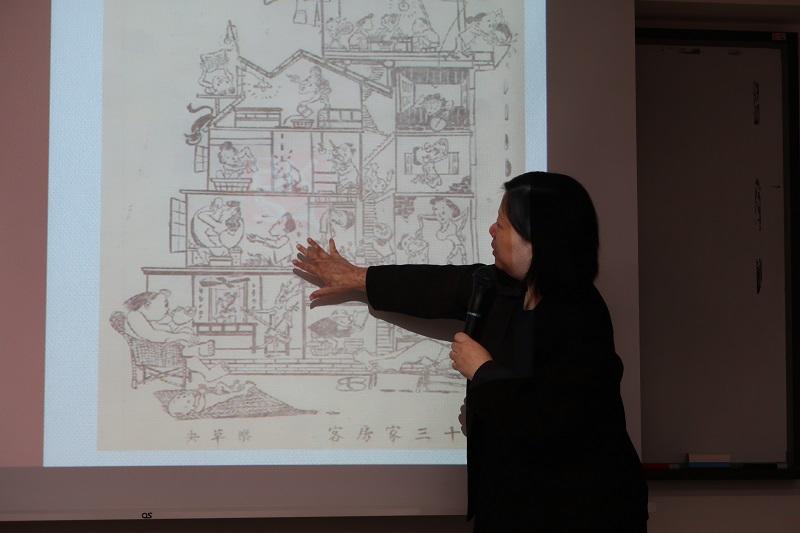2017.11.01
GHC・LCCG・ASH共催シンポジウム "GENDER, SPACE AND THE CITY IN GLOBAL HISTORY"
2017年10月28、29日の週末、アムステルダム大学歴史学部のDanielle Van den Heuvel氏が主宰する研究プロジェクト「街路の自由:ユーラシアにおけるジェンダーと都市空間(1600-1850The Freedom of the Streets: Gender and Urban Space in Eurasia 1600-1850)」、GHCメンバーである杉浦未樹氏が主宰する科研費プロジェクト「糸・布・衣の循環史研究会(Linking Cloth-Clothing Globally)」との共催で、国際会議「グローバルヒストリーにおけるジェンダー・空間・都市(Gender, Space and City in Global History)」が開催された。
2日間にわたり、5つのパネルで12の研究報告がなされ、討論者との意見交換、聴衆との間での質疑が活発に行われた。 第1パネルでは、アムステルダム大学の研究プロジェクトを推進する3人の若手メンバーが、各自が取り組んでいる研究テーマを報告し、研究プロジェクト全体の概要を紹介した。その後の4つのパネルでは、16世紀のローマにおける貴族の邸宅(Cavallo)から18世紀のブラジルにおける植民都市(Damasceno Fonseca)や20世紀の上海や東京のデパート(Lien, Nakamura)に至るまで、様々なトピックに関する興味深い報告がなされた。すべてが、ジェンダーと都市空間のあり方を意識した報告で、参加者からは、個々の報告の細部についての質問とともに、グローバルヒストリーの視点や方法に関わるコメントも多く出され、濃密な議論が展開された。
最後の総括セッションでは、Danielle Van den Heuvel氏が列挙した主要な論点9つについてさらに突っ込んだ意見交換が行われ、全員で今後の共同研究の進め方を確認した。一日目の夕食会などを通じて、出席者の間では関心や情報の共有が進み、今後、よい共同研究グループを作ることができそうである。
Von Heuvel氏の研究プロジェクトには、江戸の都市空間を研究対象とする東京大学工学系研究科の伊藤毅教授の研究室が全面的に協力しており、会議には伊藤教授をはじめ主要メンバーが出席した。GHC東京拠点が克服すべき課題の一つは、日本の過去に関わる情報をどれだけ海外の研究者に効果的に伝えるかという点だが、今回の会議では、伊藤研究室の協力によってこの課題を十分にクリアできた。記して、伊藤教授と研究室の方々に謝意を表したい。
2日目の日曜は台風接近による荒天のせいもあって出席者の数は限られたが、1日目は40名近い参加者を得て盛況だった。 (羽田 正)
Over the weekend of October 28 and 29, 2017, the international conference “Gender, Space and City in Global History” was held at The University of Tokyo. The symposium was a joint collaboration of the projects “Global History Collaborative,” “The Freedom of the Streets: Gender and Urban Space in Eurasia 1600-1850,” and the “Linking Cloth-Clothing Globally (LCCG).”
“The Freedom of the Streets: Gender and Urban Space in Eurasia 1600-1850” is led by Professor Danielle van den Heuvel of the Amsterdam School of Historical Studies and LCCG is led by Professor Miki Sugiura of Hosei University, who is also a member of GHC.
Over two days, 12 research reports were presented in five panel discussion sessions. Vigorous discussions along with questions and answers were exchanged between the presenters and audience members. During the first panel discussion session, three young members of the University of Amsterdam research project gave reports of their own research topics while giving an overview of the “The Freedom of the Streets” research project as a whole. Afterwards, the remaining four panel discussions covered a wide range of fascinating topics, from the residences of aristocrats in sixteenth-century Rome (Cavallo) to colonial cities in eighteenth-century Brazil (Damasceno Fonseca) and department stores in Tokyo and Shanghai in the twentieth century (Lien, Nakamura). All reports presented the significance of gender and urban space. Deep discussions unfolded from participants’ questions on the details of each report and comments on the viewpoints and methods of global history.
In the last general session, the participants engaged in further in-depth discussion of nine questions raised by Professor Danielle Von Heuvel. As a result, all participants were able to confirm how to proceed with collaborative research in the future. Through gatherings such as a dinner party on the first day, the attendees were able to share interests and information, laying seeds for creating collaborative research groups going forward.
For Professor Van den Heuvel’s project, “The Freedom of the Streets: Gender and Urban Space in Eurasia 1600-1850,” the lab of Professor Takeshi Ito of The University of Tokyo’s School of Engineering is cooperating extensively, with Professor Ito and other major lab members attending the conference. One of the challenges to overcome by GHC Tokyo is to effectively transmit information on Japan’s past to the world. At this conference, the challenge was sufficiently met with the help of Professor Ito’s lab. We wish to take this opportunity to thank Professor Ito and members of his lab.
The attendance on Sunday, the second day of the conference, was low due to stormy weather as a typhoon approached Japan. However, a large audience of nearly 40 members participated on the first day, making the conference a success. (HANEDA Masashi)










